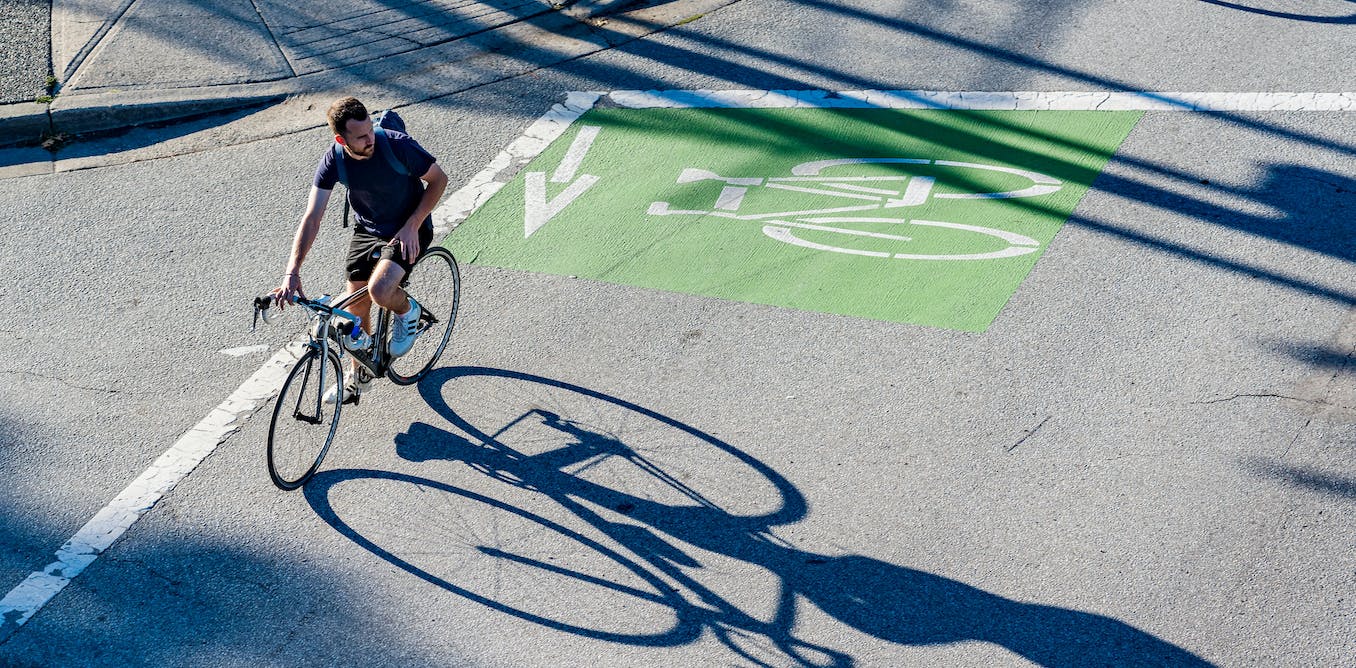Globally, only one in 50 new cars were fully electric in 2020, and one in 14 in the UK. Sounds impressive, but even if all new cars were electric now, it would still take 15-20 years to replace the world’s fossil fuel car fleet.
The emission savings from replacing all those internal combustion engines with zero-carbon alternatives will not feed in fast enough to make the necessary difference in the time we can spare: the next five years. Tackling the climate and air pollution crises requires curbing all motorised transport, particularly private cars, as quickly as possible. Focusing solely on electric vehicles is slowing down the race to zero emissions.



Trains cycling and walking can do by far a huge amount of transport needs. Just look at Japan.
No one is saying it will fix 100% of all issues, they are just saying its such a huge part of it even if you took half the funding of cars and put it to bikes it would solve so so much.
Exactly. And if people cycle more regularly, cities will adjust infrastructure to accommodate them. And that includes more than just cycling infrastructure, but trains, buses, etc.
Ideally, we push to get that infrastructure done now to help build that positive feedback loop.